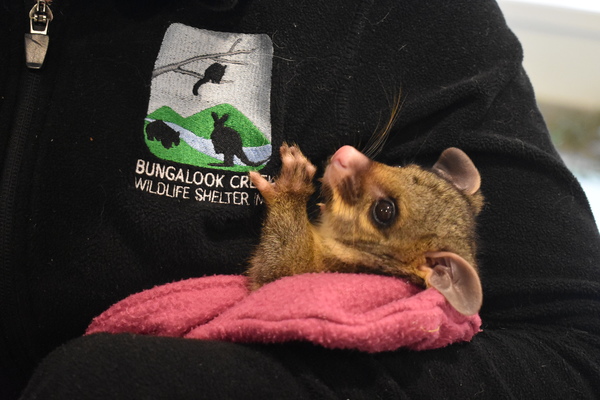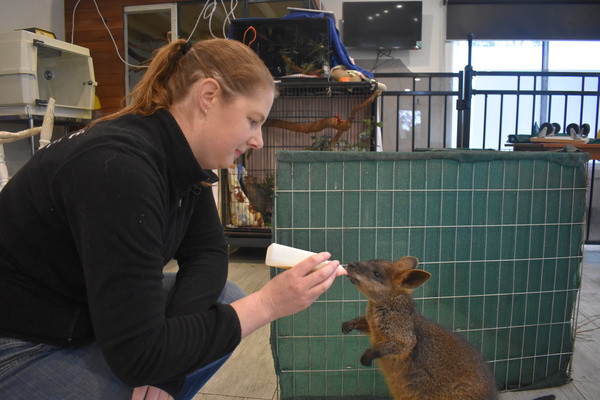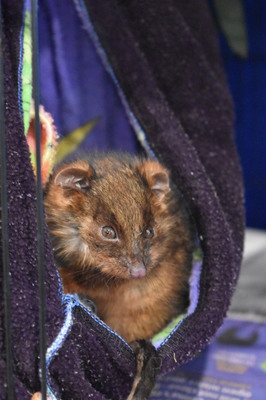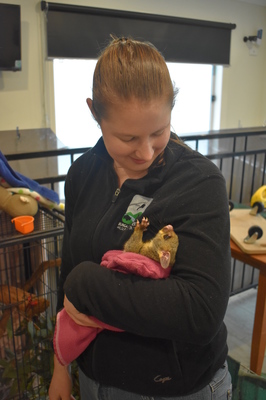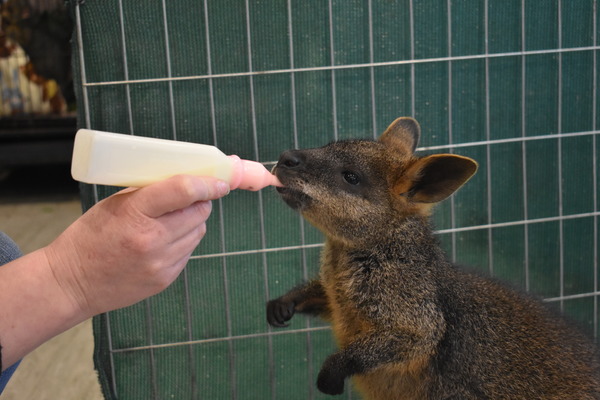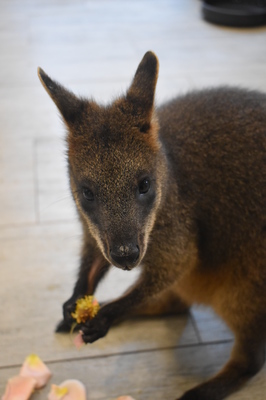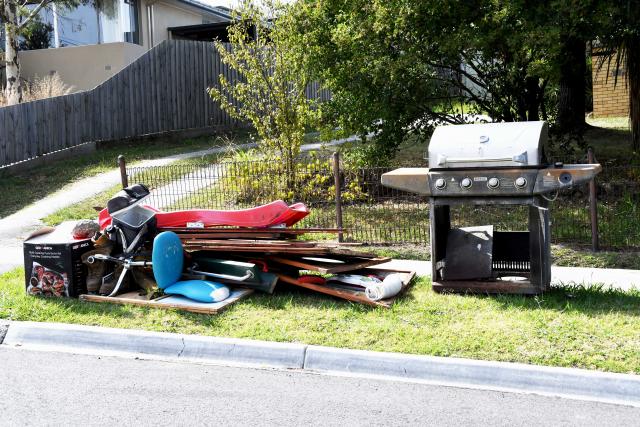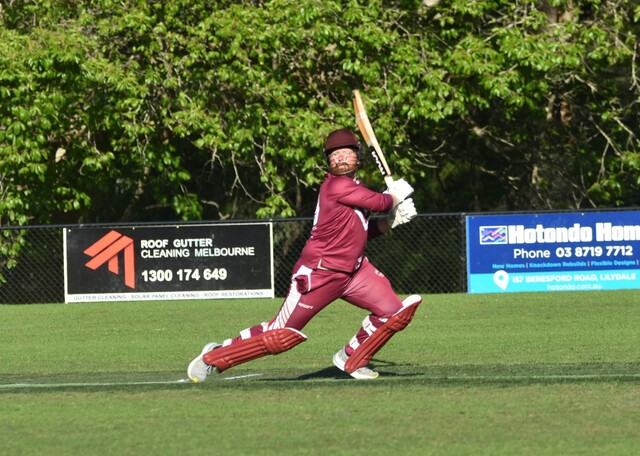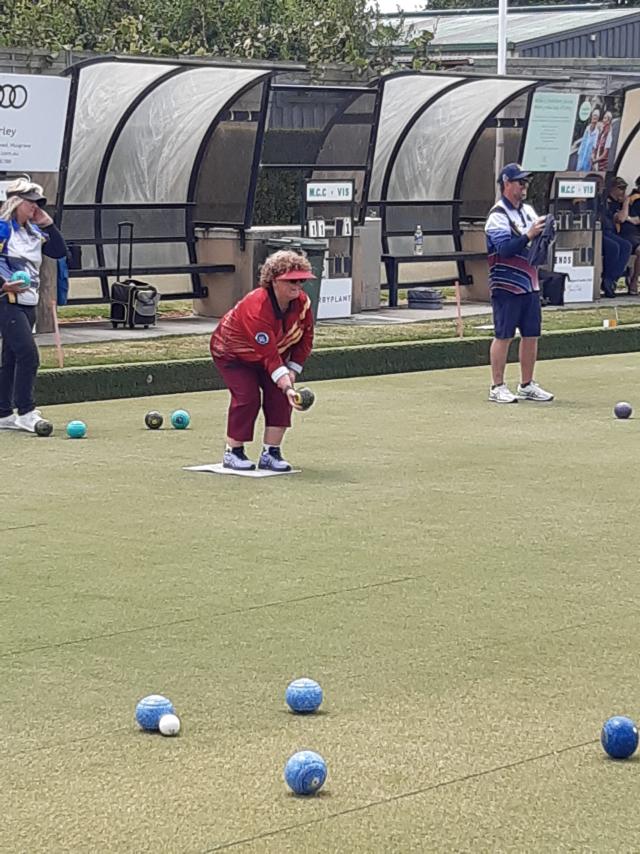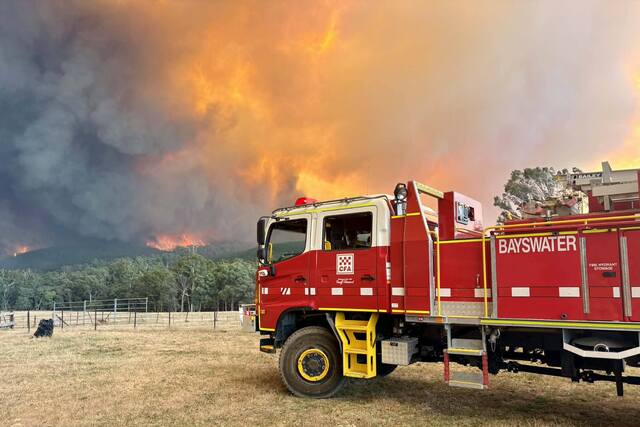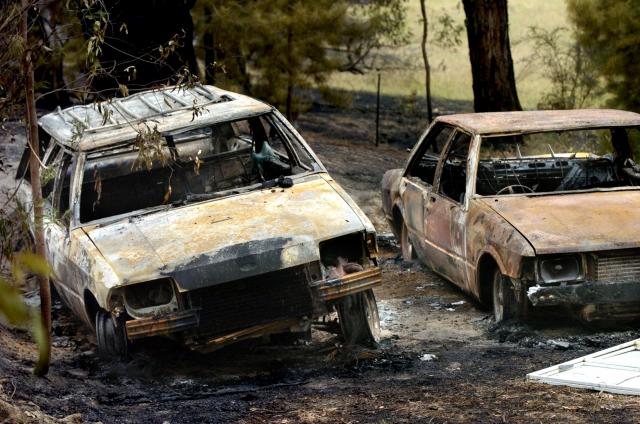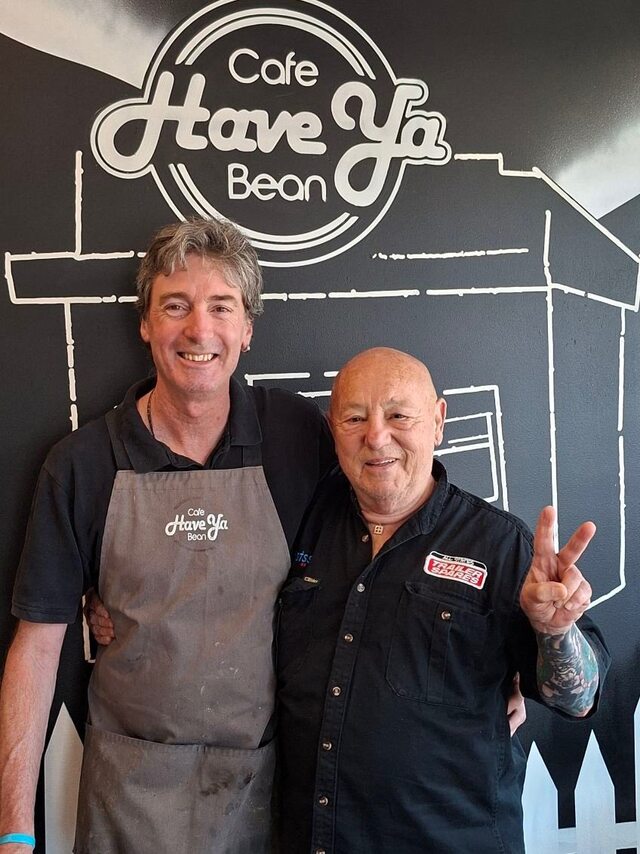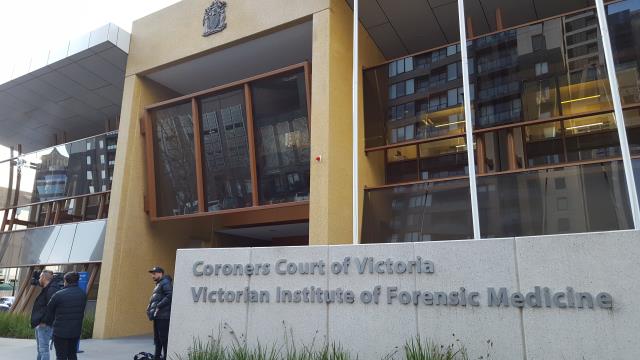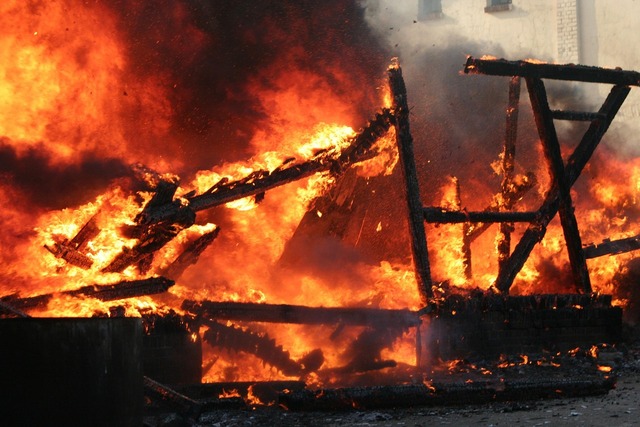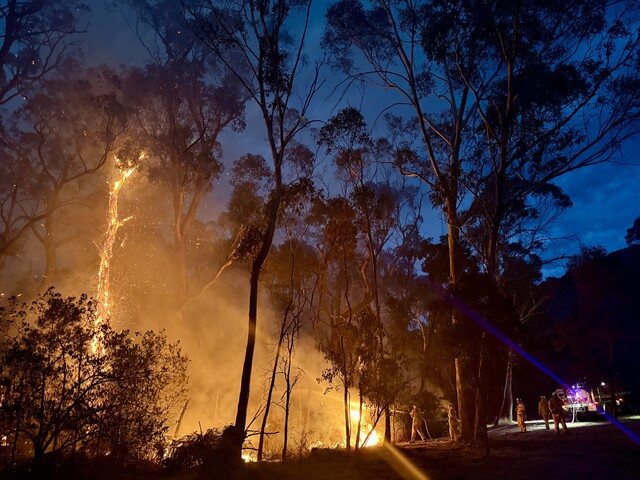A Mount Evelyn wildlife shelter has warned residents to be wary of injured wildlife, with a warm start to spring sparking a rise in the number of orphaned animals taken into care this season.
Emma Cash, the owner of Bungalook Creek Wildlife Shelter, said she has attended to almost double the number of joeys in comparison to this time last year.
“We used to have defined joey seasons. Joeys are anything from possums to kangaroos to wombats,” she explained.
“Now we’re getting joeys really quite early, or we’re just not getting a break full-stop so they’re breeding throughout the year.
“Every time there’s an animal hit it seems to have a joey in the pouch.”
Ms Cash attributed the recent spike to a mix of changes in climate and urbanisation.
“We’ve had some really really bad seasons in terms of drought. Despite what everyone would like to think, kangaroos aren’t in plague proportions,” she said.
“The problem we’re having is that we’re pushing them into such small areas that they seem to be in plague proportions.
“They’re coming into contact with cars more often, they’re coming into contact with dogs more often.”
The Bungalook Creek Wildlife Shelter has been running for 15 years. It cares for about 300 animals every year and attends to roughly 500.
The shelter typically cares for kangaroos but also looks after other species such as wombats, possums and wallabies.
Ms Cash said people can expect to see more baby birds on the ground and animals caught in nets as we head into spring.
She said people should use netting smaller than their finger and consider whether or not baby birds actually need to be taken to a shelter.
“Fledgelings spend a lot of time on the ground when they learn to fly and mum and dad are usually pretty close. They don’t need to come into care,” she said.
“If you can see that other birds around are a similar species, then you’re pretty much guaranteed it’s going to be a fledgeling and they are going to be ok,” she said.
“If you’re concerned you can put them in a low branch and just watch from a distance.”
She also said not enough people call shelters or wildlife carers when they hit an animal on the road.
“If you hit an animal, call someone. We’re not about yelling at you because you’ve accidentally hit an animal.”
“We might not be able to save that animal that you’ve hit, but it might have a live youngster in that pouch that we could.”

